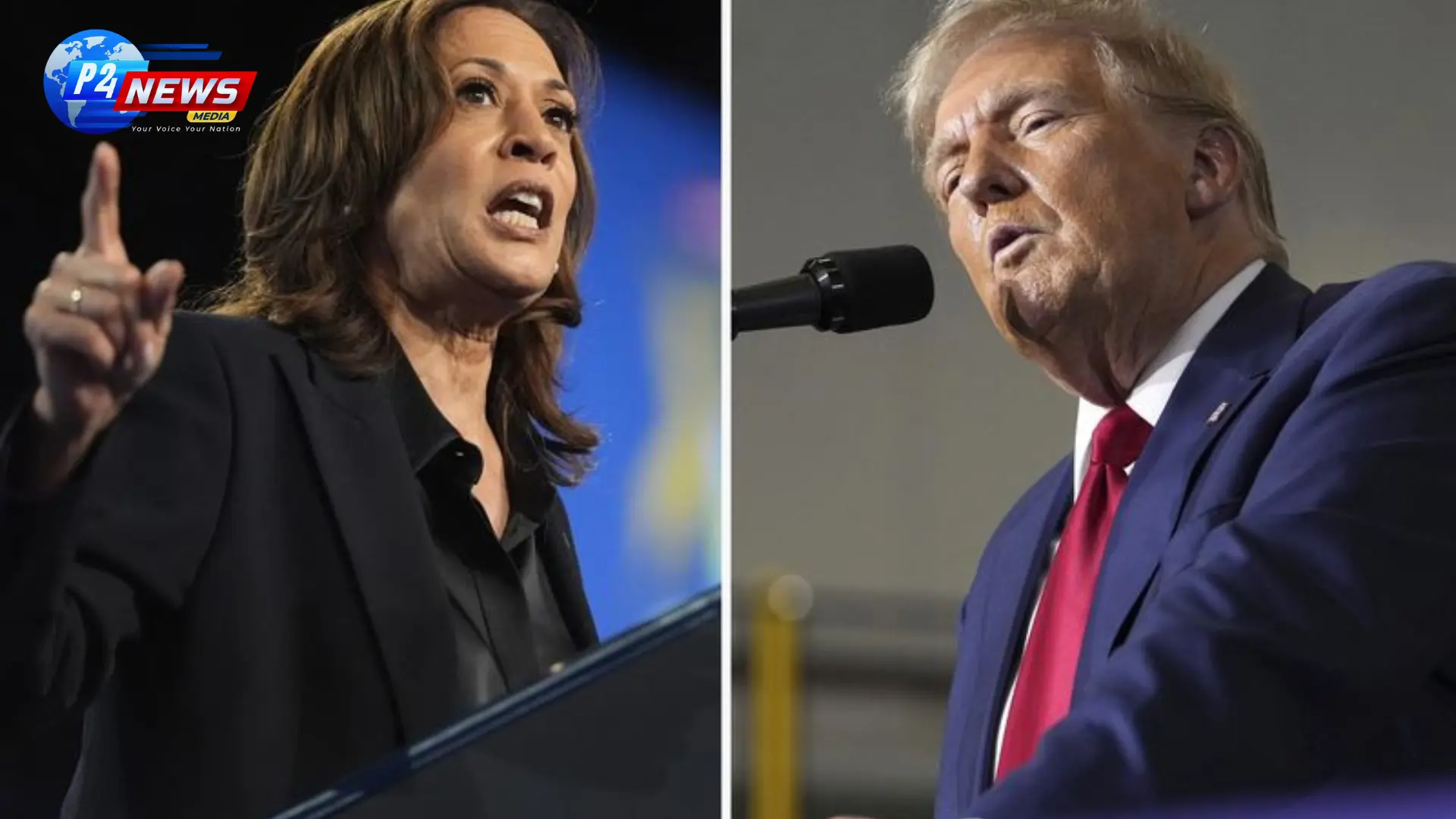For the first time in decades, The Washington Post will not endorse a candidate in the upcoming U.S. presidential election, a decision announced by the newspaper’s publisher, Will Lewis, on Friday.
For the first time in decades, The Washington Post will not endorse a candidate in the upcoming U.S. presidential election, a decision announced by the newspaper’s publisher, Will Lewis, on Friday.
For the first time in decades, The Washington Post will not endorse a candidate in the upcoming U.S. presidential election, a decision announced by the newspaper’s publisher, Will Lewis, on Friday. This announcement has stirred significant reactions among staff members and the journalism community, as it marks a significant departure from a long-standing tradition that has seen the paper endorse a candidate in every presidential election since the 1980s. Lewis's statement emphasized a return to the Post's "roots" of refraining from endorsing presidential candidates, a move that many perceive as a bold yet controversial shift in editorial policy.
In his published statement, Lewis explained, “The Washington Post will not be making an endorsement of a presidential candidate in this election. Nor in any future presidential election.” He acknowledged the varied interpretations that this decision might evoke, stating that some may view it as a tacit endorsement of one candidate over another or as an abdication of responsibility. Lewis, however, maintained that the decision aligns with the core values of the Post and reflects what the newspaper hopes for in leadership—character, courage, adherence to the rule of law, and respect for human freedom.
This significant policy change has generated concern, with many journalists questioning the implications of such a decision during a time of heightened political tension and polarization. The Post reported that the decision not to endorse was influenced by its owner, Amazon founder Jeff Bezos, indicating the broader pressures and considerations that shape editorial decisions in major news outlets.
The reactions from within The Washington Post have been mixed, with many staffers expressing surprise and frustration at the abruptness of the announcement. David Shipley, the editorial page editor, had previously informed staffers about the impending public note from Lewis, acknowledging the potential for strong reactions across the department. Sources close to the editorial board revealed that a draft endorsement of Vice President Kamala Harris had been prepared and ready for approval, only to be shelved at the last minute.
Marty Baron, the former executive editor of The Washington Post, criticized the decision, branding it "cowardice" and highlighting the potential dangers for democracy. Baron’s concerns extend beyond mere editorial choices; he fears that the absence of an endorsement will embolden figures like Donald Trump, who has a history of confronting media figures and institutions. Baron underscored the gravity of this moment, noting that the paper has long been celebrated for its courage, particularly during the tumultuous Trump administration, when it produced award-winning journalism that scrutinized power and sought to uphold democratic values.
The history of The Washington Post is rich with examples of the publication taking bold stances on critical political issues, often challenging powerful figures. The decision to refrain from endorsements comes amidst a backdrop of growing skepticism toward media endorsements in general. Many major U.S. newspaper chains have scaled back on endorsements in recent years, with organizations like McClatchy and Alden Global Capital eliminating the practice altogether. The New York Times also announced earlier this year that it would no longer endorse candidates in local races, reflecting a broader trend in the media landscape.
This moment is particularly notable given the politically charged environment surrounding the 2024 election, with issues such as democracy, governance, and the rule of law at the forefront of national discourse. The absence of an endorsement could leave voters without guidance from one of the nation’s prominent newspapers during a pivotal electoral season.
As the election approaches, the implications of this decision remain to be seen. With Donald Trump and Kamala Harris as the leading candidates, the stakes are exceptionally high, and the electorate is faced with crucial choices that will shape the future of American governance. The Washington Post’s editorial board may not officially endorse a candidate, but the need for clear and compelling journalism will be critical in informing voters about the significant issues at stake in the upcoming election.
In a broader context, the dynamics surrounding media endorsements continue to evolve, raising questions about the role of journalism in shaping political landscapes. While some may view the Post's decision as a step back, others argue it may encourage voters to make informed choices based on reported facts and analysis rather than relying on editorial endorsements.
Like
Dislike
Love
Angry
Sad
Funny
Pray
9th Ayurveda Day in Melbourne: A Celebration of Ayurvedic Innovations and Global Health Impact
November 10, 2024Australia’s Terror Alert Jumps to ‘Probable’: What You Need to Know About the Increased Risk
August 05, 2024🍪 We Value Your Privacy and Experience Hi there! We use cookies to enhance your browsing experience, provide personalized content, and analyze site traffic. By continuing to use our site, you consent to our use of cookies.







Comments 0